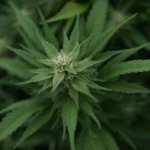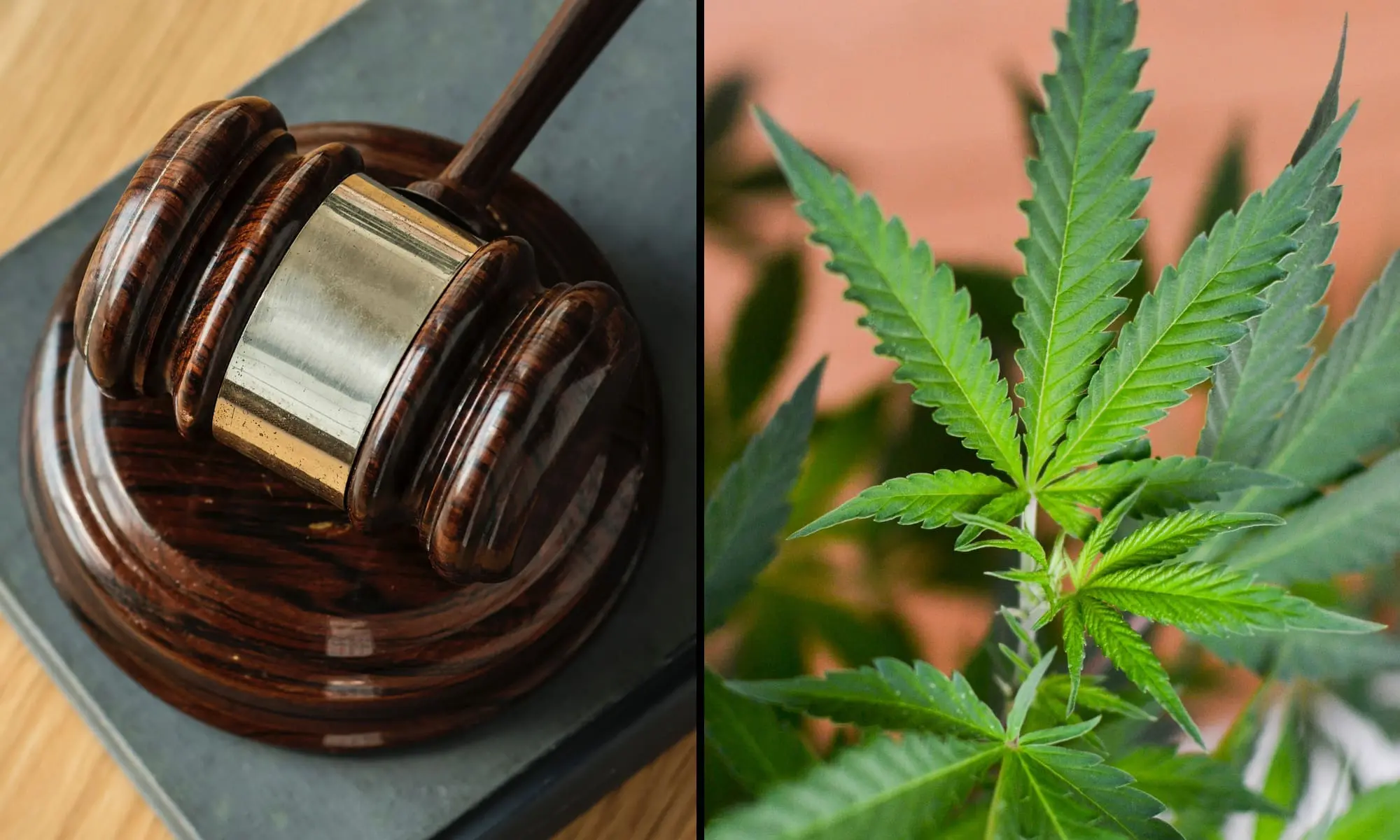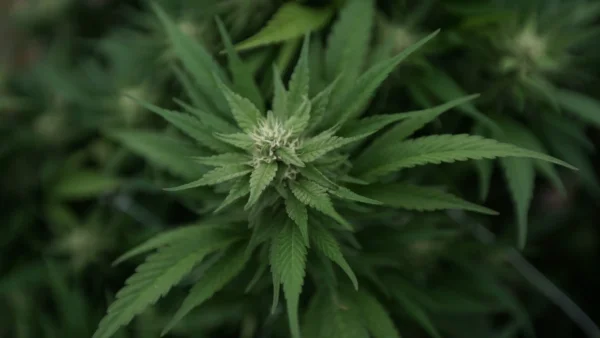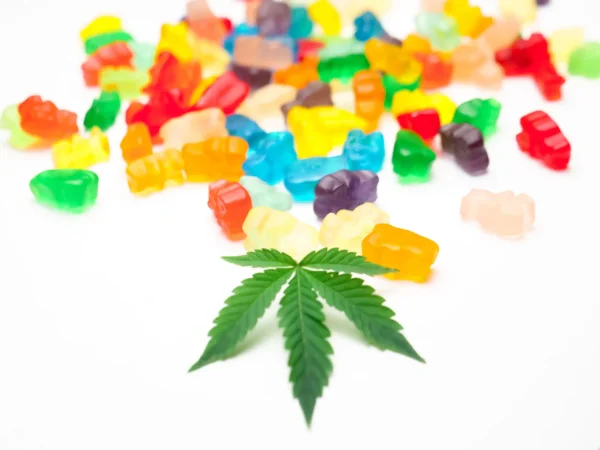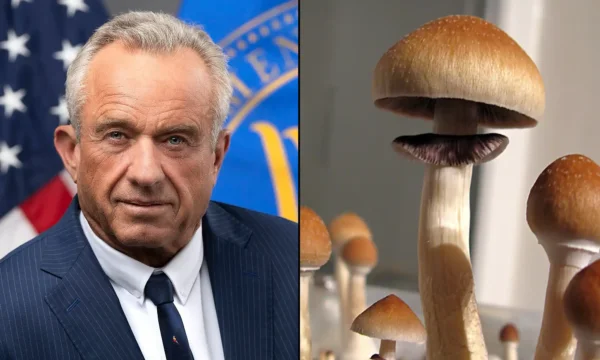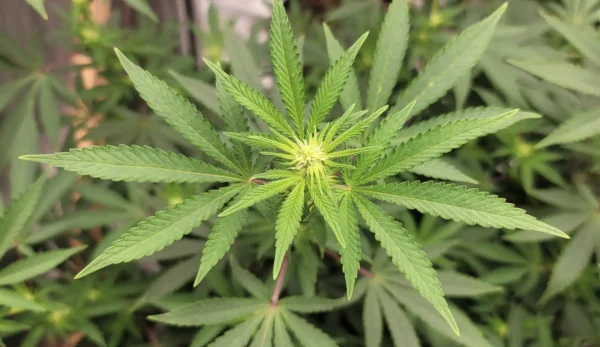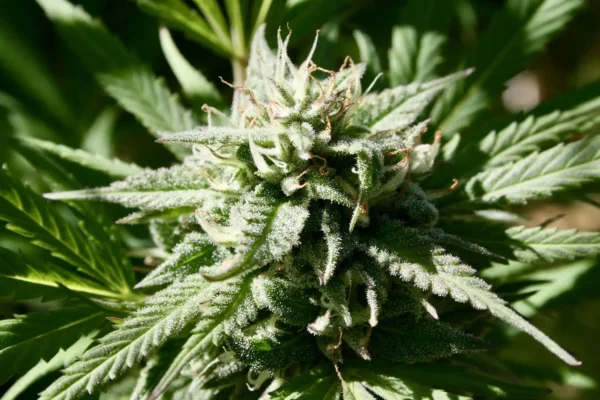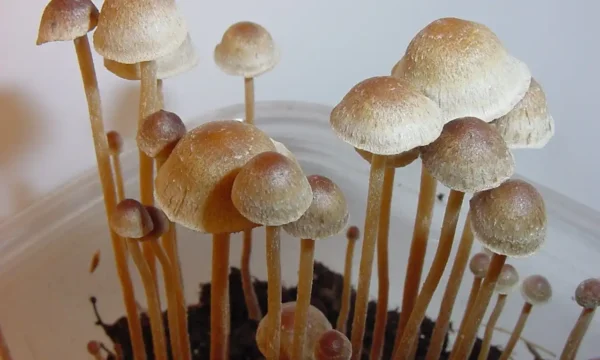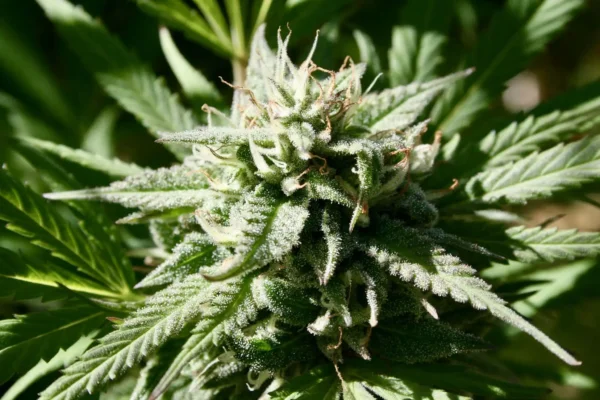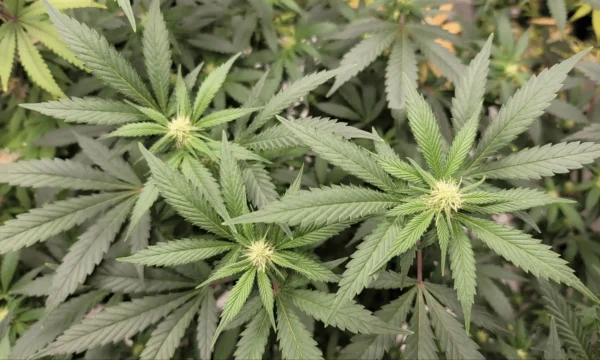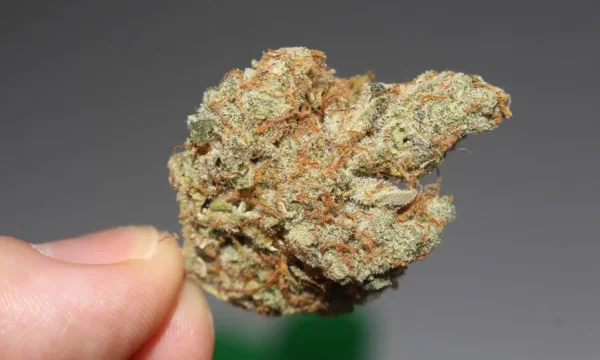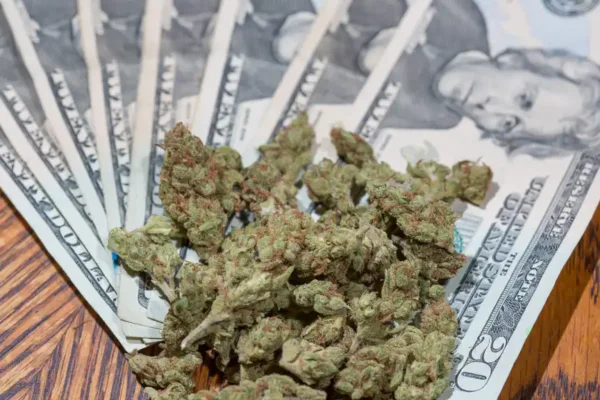Florida Court Blocks Police From Using The Smell Of Marijuana Alone To Search Vehicles
Florida’s “plain smell” era just hit a wall
Florida marijuana odor vehicle search just got a reality check. In a crisp opinion that reads like a rewind of the last decade of cannabis law, Florida’s Second District Court of Appeal said the aroma of weed, by itself, is no longer a golden ticket to rummage through your car. Judge Nelly Khouzam wrote what many in the state have felt since hemp and medical marijuana cracked open the definition of “contraband”: smell no longer equals crime. The court didn’t toss the sense of smell in the trash; it repositioned it. Odor is now one clue among many under the totality-of-the-circumstances test. That’s a seismic shift for Fourth Amendment policing in a place where humidity hangs heavy and so does the skunky scent of change. If you want the receipts, the court’s opinion lays it out in black and white, and it’s as sober as a bench ruling should be.
The facts were familiar and messy. A car stop. An officer claims to catch a whiff. Everyone ordered out. A search. Cannabis and pills discovered. A probation revocation follows, like night after blue lights. The trial court nodded along to the old “plain smell doctrine,” but the appellate court cut through the haze: Florida’s laws have “fundamentally” changed. Hemp is legal. Medical cannabis is legal. Chemistry and provenance matter. If legality can hinge on THC concentration by weight and where you bought it, then odor alone can’t make something “immediately apparent” contraband. The panel flagged this as a question of great public importance—translation: the Florida Supreme Court should weigh in. Local outlets have clocked the ruling’s significance, and they’re right to; it reshapes roadside power dynamics in a state still negotiating what legal cannabis means in practice.
Florida, meet the national patchwork
Florida’s pivot doesn’t happen in a vacuum. Chicago police updated guidance to discourage fishing expeditions based on the raw, unburnt smell of marijuana. Illinois’s high court said the scent of raw cannabis can justify a search but the smell of burnt marijuana can’t—an odd split-screen that lawmakers are working to iron out. Maryland explicitly barred cops from using odor or mere possession as the basis for a search. Minnesota’s Supreme Court said smell alone is insufficient, and lawmakers codified it. New York’s leaders recently binned a proposal that would’ve let the scent of cannabis stand in for proof of impairment; civil rights groups called that a fast lane back to the worst instincts of the drug war. Why does this matter for Floridians? Because cannabis policy reform isn’t just about storefronts and tax revenue—it’s about who gets pulled over, who gets searched, and who gets to go home. As medical programs normalize patient use and reduce reliance on more dangerous meds, the public’s tolerance for smell-driven policing fades; see the evidence in Medical Marijuana Effectively Treats Chronic Pain And Helps Patients Reduce Prescription Drug Use, Survey Shows.
Hemp blurred the line—and forced the law to catch up
Here’s the gritty, unsexy truth driving this: hemp and marijuana can smell the same. The legal threshold—delta-9 THC at or below 0.3 percent for hemp—doesn’t announce itself to a nose. Neither does whether a vape cartridge came from a licensed dispensary or a corner gas station. Florida’s court basically acknowledged the science and the marketplace: legalization splintered the old certainties. That ripple hits everything from police training to lab testing protocols to how prosecutors frame probable cause. It also mirrors a broader industry shift. In the West, one company is pushing courts to pry open the borders with a challenge to federal and state barriers on cross-state trade—see Oregon Marijuana Business Files New Lawsuit Challenging Ban On Interstate Cannabis And Hemp Commerce. California, meanwhile, is trying to bring hemp and marijuana under one policy roof after a long season of whiplash, as chronicled in California Governor Signs Bill To Integrate Hemp And Marijuana Markets After Banning Intoxicating Cannabinoids Outside Of Dispensaries. The more lawmakers refine where cannabis can be sold and how it’s labeled, the harder it gets to justify a search based on a smell that crosses categories.
Follow the money, watch the policy
Policing never floats far from politics, and politics rarely floats far from revenue. As legal cannabis becomes a budget line, the stakes get weird. Look north to Lansing, where a political knife fight over rates and reliance on weed money set the tone this year; for context, read Michigan House Speaker Threatens To Shut Down Government If Marijuana Taxes Aren’t Increased. Tax policy influences enforcement priorities; enforcement priorities shape community trust; community trust dictates how likely people are to comply, invest, or even call the cops when they need them. Florida’s decision nudges the state toward a policing model that acknowledges the legal cannabis economy without turning every traffic stop into a fishing expedition. For business owners, patients, and adult users, that means fewer arbitrary roadside detours. For officers, it means building better cases with real indicators—impairment clues, admissions, visible evidence—rather than leaning on a scent that now signals “maybe” as often as “crime.”
So where does this leave you on a humid Florida night, taillights glowing, a hint of skunk in the air? In a saner place than yesterday. Odor still matters, but it’s no longer a confession. The court says cops need more than a whiff, and that’s a relief for anyone who’s tired of smell-based hunches masquerading as probable cause. Expect training bulletins, revised traffic-stop scripts, maybe even fewer roadside rummages. Expect debates about equity to get louder, too, because who gets stopped—and why—remains the heart of this story. Know your rights. Keep your documents tight. And if the scent of reform has you curious about compliant, high-quality options, take a calm, lawful browse through our shop: https://thcaorder.com/shop/.

